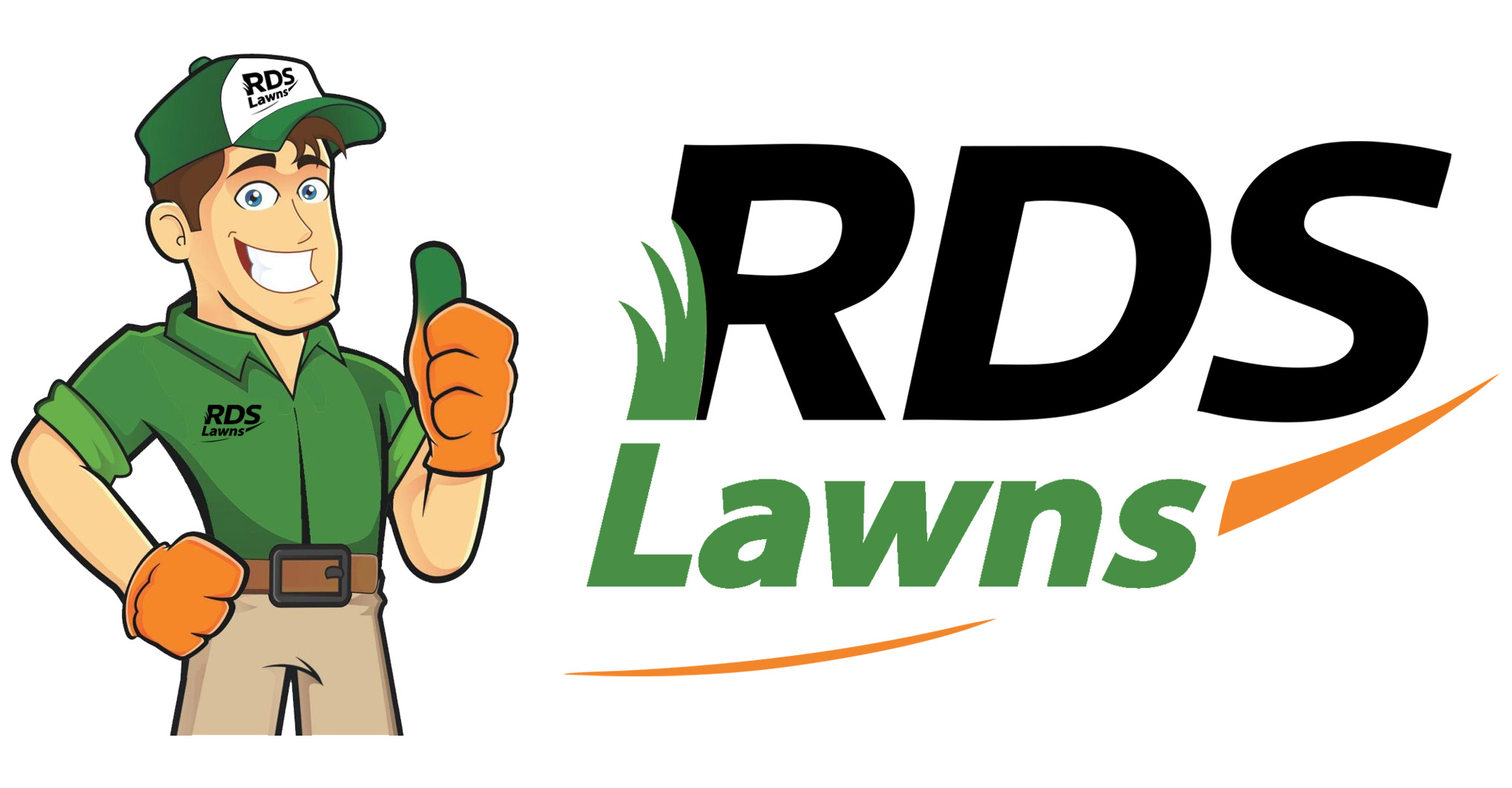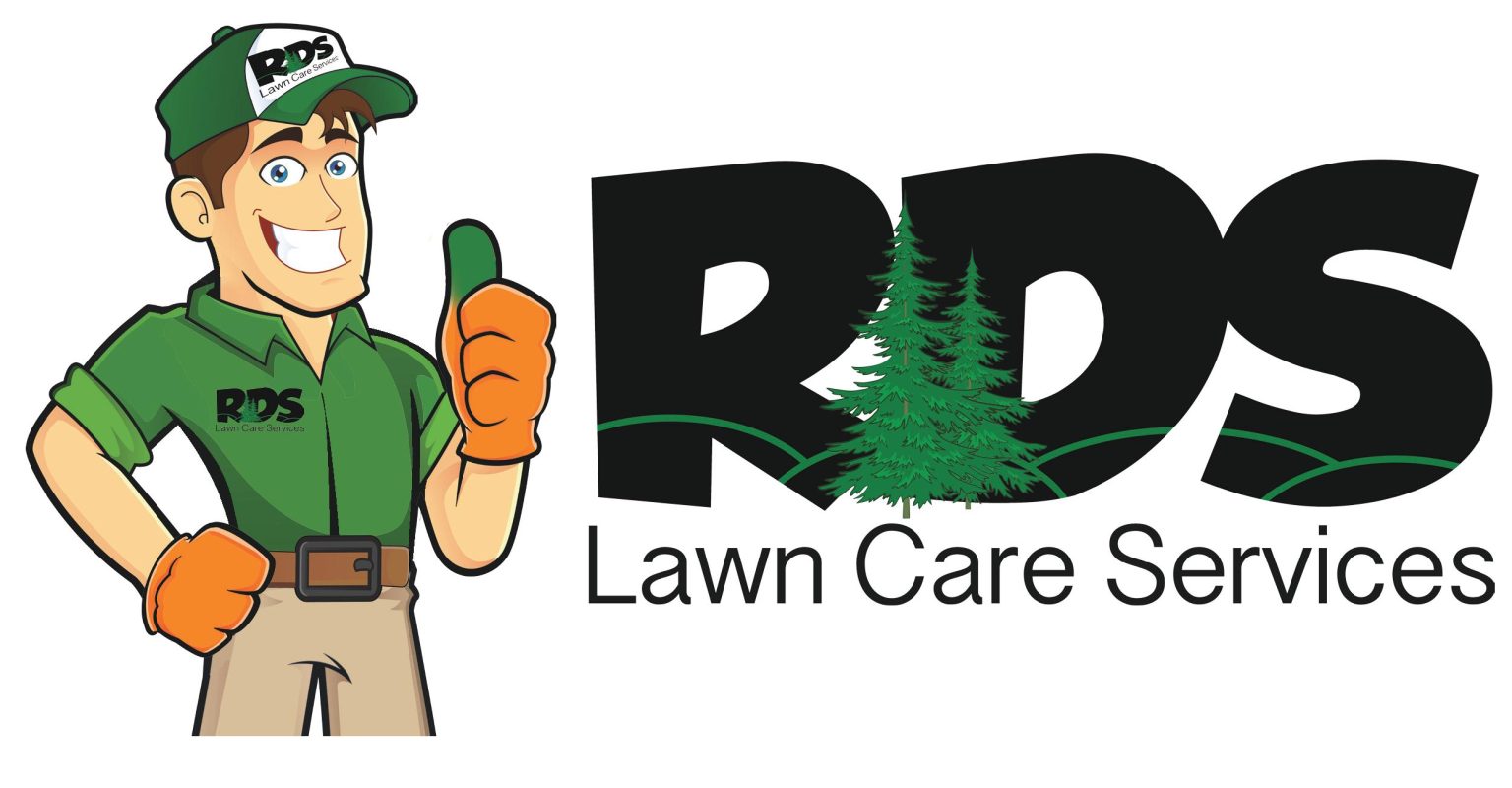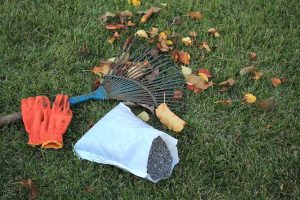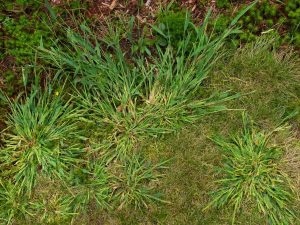Many people turn to vinegar as a “natural” weed killer, thinking it’s a safer alternative to chemical herbicides. But while vinegar might feel like the eco-friendly option, it comes with risks that most homeowners don’t fully understand. At higher concentrations, acetic acid, the active ingredient in vinegar, can damage your skin, eyes, lungs, and even corrode surfaces. And as a weed control method? It only provides a surface-level fix, often leaving the root system untouched.
Let’s unpack the science behind vinegar-based herbicides, their health hazards, and why this home remedy may not be the safe solution it appears to be. This article will explore the dangers of using vinegar as a weed killer and why you should avoid it at all costs!
Why People Use Vinegar On Weeds

Vinegar is commonly used in DIY weed killer recipes because it feels “natural” and accessible. It’s cheap, widely available, and doesn’t carry the chemical scent or reputation of synthetic herbicides like glyphosate. But natural doesn’t always mean safe or effective.
The most common homemade weed control method includes household vinegar (typically 5% acetic acid), mixed with salt and dish soap. This combination is intended to break down plant tissue quickly, particularly for annual broadleaf weeds. The problem is, this method also damages nearby grass, flowers, and any other plant life it touches.
It’s not hard to understand the appeal of a “natural” or “organic” weed killer. The chemicals used in commercial weed killers can potentially be harmful to the environment, and many people often express concerns about the safety of their children and pets as they run around the yard.
Vinegar, on the other hand, is a completely natural substance. It’s no surprise that people believe vinegar can be used as a weed killer without any harmful side effects. It’s made from water and acetic acid, and it has been used for centuries in cooking and cleaning. For these reasons, many DIYers simply reach into their kitchen cabinets and pull out the vinegar when they spot weeds in their yards.
Bring Real Change with Personalized Lawn Care
Expert lawn care services tailored for your home—reliable, eco-friendly, and affordable. Start transforming your yard today.
How It Works

Proponents of vinegar as weed killer will tell you that it works by burning the weed’s leaves. This is partially true, but it doesn’t tell the whole story. Vinegar does “burn” the leaves of weeds and can sometimes kill them quickly. The acetic acid in vinegar essentially depletes weed leaves of moisture and nutrients as soon as it makes contact. To help improve efficacy, it is often recommended that people mix a gallon vinegar (5% acetic acid) with a cup of salt and a cup of dish soap, which help to break down and dry out plant matter. However, what proponents won’t tell you is that these vinegar mixtures also kill any other plants they touch, including the grass in your lawn.
The Perceived Pros:
- Natural alternative to herbicides
- Can kill immature broadleaf weeds within 24 hours
- Requires only household products
- Cheaper than commercial products
- More convenient than lawn care companies
Acetic Acid and Its Risks
Acetic acid is the chemical compound responsible for vinegar’s weed-killing effects. While common in household products, acetic acid at high concentrations becomes corrosive.
What Makes It Dangerous?
Eye & Skin Irritation: Even low concentrations (5–6%) can cause eye burning or skin rashes. At 20% or higher, exposure can lead to corneal damage, chemical burns, or permanent injury.
Respiratory Risks: Acetic acid is a volatile compound that can vaporize easily. Breathing in those vapors, especially in enclosed or poorly ventilated spaces, can irritate your lungs, throat, and nasal passages, particularly in individuals with asthma.
Toxicity by Ingestion: Ingesting higher concentrations can burn tissues in the mouth, throat, and stomach.
Environmental Hazards: Acetic acid-based herbicides are non-selective and will harm beneficial insects (like bees and ladybugs), as well as amphibians that may be hiding in nearby vegetation.
Bring Real Change with Personalized Lawn Care
Expert lawn care services tailored for your home—reliable, eco-friendly, and affordable. Start transforming your yard today.
The Truth About Vinegar As Weed Killer

Unfortunately, the reality of vinegar as weed control is far different from what you may have heard. Vinegar may be a natural substance, but that doesn’t make it safe to use on your lawn. In fact, using vinegar as a weed killer can have some very serious consequences, especially if you are inexperienced at lawn care or have never used vinegar in the past.
The primary danger of using vinegar as a weed killer is that it will also kill your lawn or garden plants if you’re not careful. If you spray too much vinegar on your yard, or if there is a light wind blowing when you do so, some of it might drift onto neighboring plants (including grass) and damage them as well. Vinegar is an acid, and, as such, it can damage any organic matter it contacts. This is especially true of young plants or seedlings that are just beginning to grow. Spray vinegar on them, and you may be killing your lawn before it even has a chance to get off the ground.
How It Really Works

If you’ve ever followed instructions for using vinegar as weed killer, then you probably discovered how ineffective vinegar is at only 5% acetic acid. Oftentimes, people have to upgrade from everyday vinegar to a natural vinegar herbicide, which can be concentrated as highly as 20% to 30% acetic acid. The problem with this upgrade is that it makes the vinegar much more dangerous to not only plants, but also to people and wildlife.
Concentrated vinegar can be deadly to the beneficial insects that surround your yard and garden, such as ladybugs, bees, and butterflies, and it can even be lethal to smaller creatures like worms or frogs. It can also cause problems if you breathe it in or get it in your eyes or on your skin, especially if you or a loved one has asthma. You will also have to reapply this mixture every two weeks through the entire growing season in order to keep weeds from reemerging.
The Convincing Cons:
- Constant reapplication
- Not effective against grassy weeds
- Only works for annual weeds
- Mature weeds can easily resist
- Does not kill the roots of the weeds
- Requires use of harmful salt
- Will kill your lawn and flowers
- Harmful to beneficial insects
- Unpleasant odor
- Potentially harmful to humans
Household vs. Horticultural Vinegar
Not all vinegar is created equal. Most people reach for common household white vinegar, which contains around 5% acetic acid. While legal for culinary and cleaning use, it is not registered as a pesticide and has very limited weed control effectiveness.
Horticultural vinegar, on the other hand, is a specially formulated product containing up to 30% acetic acid. These concentrations are often marketed as “natural herbicides,” but require EPA registration, clear labeling, and often carry the signal word DANGER due to the serious health hazards associated with their use.
Despite this, many consumers handle horticultural vinegar casually, unaware of its corrosive properties. These products should only be used with gloves, long sleeves, protective eyewear, and in accordance with pesticide application guidelines.
How Vinegar Works on Weeds
Vinegar is classified as a non-selective contact herbicide, meaning it only affects what it touches and doesn’t translocate (move) through the plant’s system. Here’s how it works:
- It penetrates the waxy cuticle of the plant leaf.
- The acetic acid draws moisture out of plant cells, causing tissue collapse.
- The weed appears dead within 24 hours, but the root system remains intact.
Because it doesn’t reach the roots, perennial weeds like dandelion or crabgrass often regrow. That’s why vinegar might look like it’s working—but only temporarily.
What Types of Weed Killers Contain Acetic Acid?
EPA-registered vinegar herbicides contain high concentrations of acetic acid, typically between 20% and 30%. These products are legally labeled for use as herbicides and must include:
- EPA Registration Number
- Signal Word like DANGER or WARNING
- Instructions for PPE (personal protective equipment)
- Proper application methods and first aid
If the vinegar product you’re using doesn’t have these elements, it’s not approved for weed control. Using unlabeled or unregistered products can be dangerous—and even illegal in some states.
Why Vinegar Isn’t the Right Long-Term Weed Control Solution
While vinegar can provide fast visual results, it falls short in almost every other regard when it comes to sustainable weed control.
- First, because it doesn’t kill the roots, most treated weeds return within a week or two, particularly perennials.
- The salt added to boost the solution’s effectiveness does more harm than good. Salt breaks down soil structure, damages the root systems of nearby plants, and can create long-term issues with soil fertility.
- Overspray can easily damage desirable plants, and even light wind can carry vinegar droplets farther than expected.
- And finally, high concentrations of acetic acid can corrode concrete, metals, and certain plastics, damaging surfaces around your yard.
The result is a short-term visual fix with long-term consequences for your plants, your soil, and your safety.
Comparing Acetic Acid and Glyphosate Toxicity
Many people turn to vinegar because they want to avoid chemicals like glyphosate. But here’s a surprising fact backed by EPA toxicity ratings:
Chemical | Oral LD50 in Rats (mg/kg) | Toxicity |
Glyphosate | 5,600 | Less toxic |
Acetic Acid | 3,310 | More toxic |
The lower the LD50, the more toxic the substance. This means acetic acid—even in household vinegar—can be more toxic than Roundup when ingested at equivalent doses. The idea that vinegar is inherently safer simply doesn’t hold up under scrutiny.
Should You Ever Use Vinegar?
There’s only one situation where vinegar might make sense: cracks in sidewalks or driveways, where there’s no surrounding vegetation to damage. In these cases, even household vinegar can work as a contact herbicide. But this is a limited use case—not a substitute for proper weed control in lawns, flower beds, or gardens.
Safer, More Effective Alternatives
Rather than relying on DIY solutions with unpredictable results and significant safety risks, consider these alternatives:
- Integrated Pest Management (IPM): Combines hand-pulling, mulching, mowing height adjustments, and spot spraying with low-toxicity herbicides
- Professional Lawn Care Services: Experts tailor safe and effective herbicide applications for your lawn type and local climate
- Selective Herbicides: Target only specific weed types and leave your grass unharmed
- Cultural practices: Improving soil health and overseeding your lawn can outcompete weeds naturally
Vinegar Does Not Get To The Root Of The Problem

Vinegar, on its own, will only attack the leaves of weeds. It will not penetrate down to the roots, so while it may make a weed look dead, its root system is still intact and can easily regenerate. This means that you have to reapply the vinegar over and over to keep the weed from returning. Salt is used to remedy this because the salt will dry out and hopefully kill the roots of broadleaf weeds. The issue with this method is that salt will also kill the roots of your lawn and any other plant matter it comes into contact with, which largely negates the intended purpose of a “natural” weed killer.
- KEEP IT IN THE CRACK! Though RDS does not recommend the use of vinegar as a weed killer, it is still useful when poured directly onto weeds emerging through sidewalk cracks. With no neighboring plants to negatively affect, vinegar can work just as well as commercial herbicides at isolating and killing the leaves of weeds in sidewalk cracks.
Bring Real Change with Personalized Lawn Care
Expert lawn care services tailored for your home—reliable, eco-friendly, and affordable. Start transforming your yard today.
Call The Pros Today, And Put The Vinegar Away!

What is the point of trying to concoct your own weed killer with vinegar? To spend less on lawn care? To use safe and natural products? To bypass the hassle of calling a professional company? The fact of the matter is that vinegar as a weed killer will cost you big and will be anything but safe if you are not 100% certain on how to use it.
The higher concentrations of acetic acid in vinegar essentially work the same as any chemical herbicide, so why not just trust the people and the products with the experience? Lawn care providers like RDS Lawn Care Services tailor weed control mixtures to the needs of lawns in their climates. Herbicide applications with a service provider are precise, safe, and effective. Call a local lawn care company today for more tips on how to safely kill weeds.
Final Thoughts: Vinegar Is Not a Safe Weed Killer
At the end of the day, vinegar may seem like a harmless, DIY weed killer—but it’s anything but. Acetic acid can burn skin and eyes, damage your lawn, harm beneficial insects, and offer only a short-lived solution to persistent weeds. And when used incorrectly, it can pose serious risks to your health and the environment.
If you’re serious about weed control, the safest approach is to leave it to professionals who understand herbicide application, turf management, and soil science.





